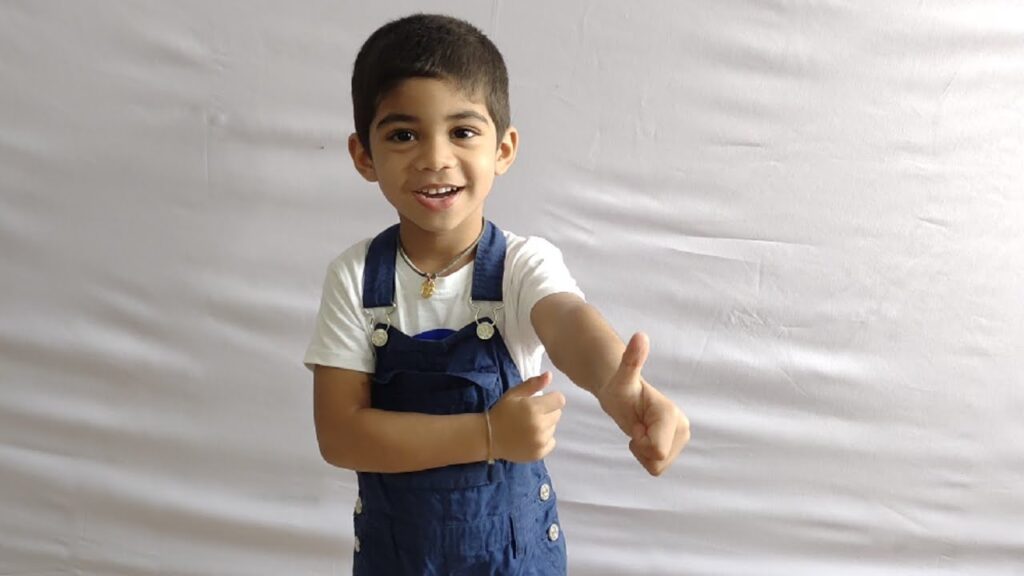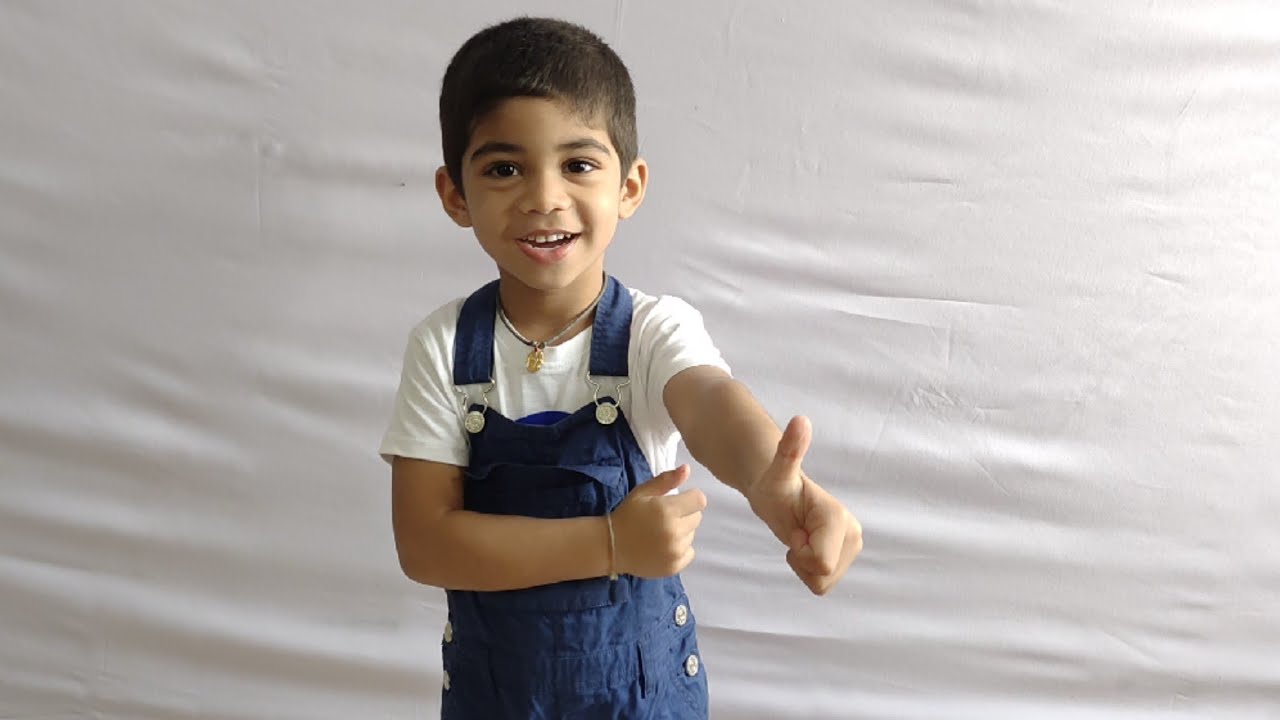
Unlocking the Minds of Three-Year-Olds: A Deep Dive into Their Inquisitive Questions
Three-year-olds are a fascinating blend of boundless energy, burgeoning independence, and an insatiable curiosity. This stage of development is marked by a significant leap in cognitive abilities, leading to a barrage of questions that can both delight and exhaust parents and caregivers. Understanding the types of questions 3 year-olds ask, and the motivations behind them, is crucial for fostering their intellectual growth and strengthening the bond between child and adult. This article delves into the common questions 3 year-olds ask, exploring the developmental context, offering insights into how to respond effectively, and highlighting the long-term benefits of nurturing their innate curiosity.
The Developmental Landscape of a Three-Year-Old
Before examining the specific questions 3 year-olds ask, it’s essential to understand the developmental stage they’re in. Three-year-olds are typically experiencing significant advancements in several key areas:
- Language Development: Their vocabulary is expanding rapidly, and they’re beginning to form more complex sentences. This newfound linguistic ability fuels their desire to understand the world around them.
- Cognitive Development: They’re developing a stronger sense of cause and effect, and they’re starting to grasp the concept of time. Their imagination is also blossoming, leading to more creative and abstract questions 3 year-olds ask.
- Social-Emotional Development: They’re becoming more aware of their own emotions and the emotions of others. This growing social awareness often leads to questions 3 year-olds ask about relationships and social norms.
These developmental milestones contribute to the wide range of questions 3 year-olds ask, reflecting their attempts to make sense of their experiences and the world around them.
Common Types of Questions 3 Year-Olds Ask
The questions 3 year-olds ask can be broadly categorized into several types, each reflecting a different aspect of their cognitive and emotional development:
What and Who Questions
These are among the most common questions 3 year-olds ask. They demonstrate a basic desire to identify and label objects, people, and concepts. Examples include:
- “What is that?” (pointing at an object)
- “Who is that?” (referring to a person in a picture or real life)
- “What does that mean?” (when encountering a new word or phrase)
Why Questions
The infamous “why” questions 3 year-olds ask are a hallmark of this age group. These questions 3 year-olds ask signal a growing understanding of cause and effect and a desire to understand the reasons behind events and actions. Examples include:
- “Why is the sky blue?”
- “Why do I have to go to bed?”
- “Why can’t I have ice cream for dinner?”
These can be challenging to answer, requiring patience and a willingness to simplify complex concepts. [See also: How to Answer Difficult Questions from Children]
How Questions
Similar to “why” questions 3 year-olds ask, “how” questions 3 year-olds ask demonstrate a desire to understand processes and mechanisms. Examples include:
- “How does a car work?”
- “How does a bird fly?”
- “How do you make cookies?”
Where Questions
These questions 3 year-olds ask reflect a growing awareness of spatial relationships and a desire to understand locations. Examples include:
- “Where are we going?”
- “Where does the sun go at night?”
- “Where is my toy?”
Hypothetical Questions
As their imagination develops, three-year-olds may begin to ask hypothetical questions 3 year-olds ask, exploring “what if” scenarios. Examples include:
- “What if I could fly?”
- “What if it rained candy?”
- “What if I had a pet dinosaur?”
These questions 3 year-olds ask provide a wonderful opportunity to engage their imagination and creativity. [See also: Fostering Creativity in Young Children]
Social and Emotional Questions
Three-year-olds are also beginning to grapple with social and emotional concepts, leading to questions 3 year-olds ask about feelings, relationships, and social rules. Examples include:
- “Why is he sad?”
- “Why can’t I play with that toy?”
- “Is she my friend?”
These questions 3 year-olds ask offer valuable opportunities to teach empathy, social skills, and emotional regulation.
Responding Effectively to Questions 3 Year-Olds Ask
How you respond to the questions 3 year-olds ask can have a significant impact on their development. Here are some tips for responding effectively:
- Be Patient and Attentive: Even if you’re busy, try to give their questions 3 year-olds ask your full attention. This shows them that you value their curiosity and that their questions 3 year-olds ask are important.
- Answer Honestly and Simply: Use language that they can understand, and avoid overwhelming them with too much information. If you don’t know the answer, it’s okay to say, “I don’t know, but let’s find out together!”
- Encourage Further Exploration: Instead of simply providing an answer, try to encourage them to think more deeply about the topic. Ask follow-up questions 3 year-olds ask, such as “What do you think?” or “Why do you ask?”
- Use Visual Aids: Pictures, books, and videos can be helpful for explaining complex concepts.
- Turn Questions into Learning Opportunities: Use their questions 3 year-olds ask as a springboard for exploring new topics and engaging in hands-on activities.
- Don’t Be Afraid to Say “I Don’t Know”: It’s perfectly acceptable to admit when you don’t know the answer to a question. This teaches children that it’s okay to not know everything and encourages them to seek out information.
The Benefits of Nurturing Curiosity
Encouraging children to ask questions 3 year-olds ask and providing thoughtful responses has numerous long-term benefits:
- Enhanced Cognitive Development: Asking and answering questions 3 year-olds ask stimulates critical thinking, problem-solving skills, and a deeper understanding of the world.
- Improved Language Skills: Engaging in conversations and learning new vocabulary expands their language abilities.
- Increased Confidence: When children feel that their questions 3 year-olds ask are valued and that they can learn and understand new things, they develop greater confidence in their abilities.
- Lifelong Love of Learning: Nurturing curiosity in early childhood fosters a lifelong love of learning and a desire to explore new ideas.
When to Seek Professional Guidance
While most of the questions 3 year-olds ask are perfectly normal and reflect healthy development, there are certain situations where it may be helpful to seek professional guidance. If a child’s questions 3 year-olds ask seem excessively anxious or obsessive, or if they are significantly behind their peers in language or cognitive development, it’s best to consult with a pediatrician or child development specialist. [See also: Identifying Developmental Delays in Preschoolers]
Conclusion
The constant stream of questions 3 year-olds ask can be challenging, but it’s important to remember that it’s a sign of healthy cognitive and emotional development. By understanding the types of questions 3 year-olds ask, responding thoughtfully, and nurturing their innate curiosity, you can help them develop into confident, curious, and lifelong learners. Embrace the “why” phase and enjoy the journey of discovery with your three-year-old!

